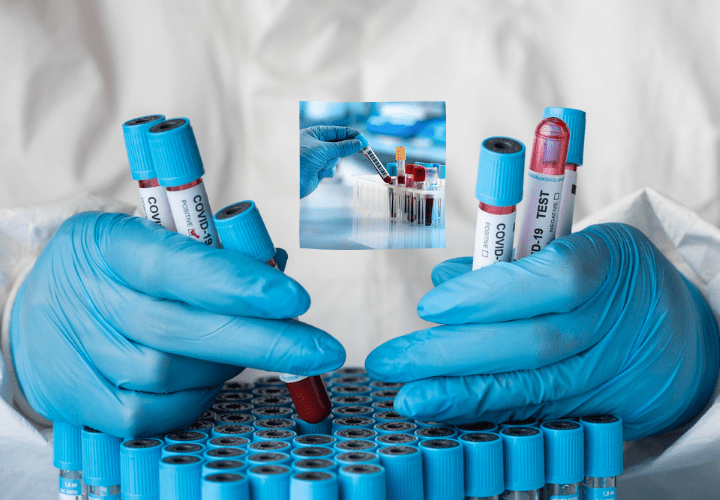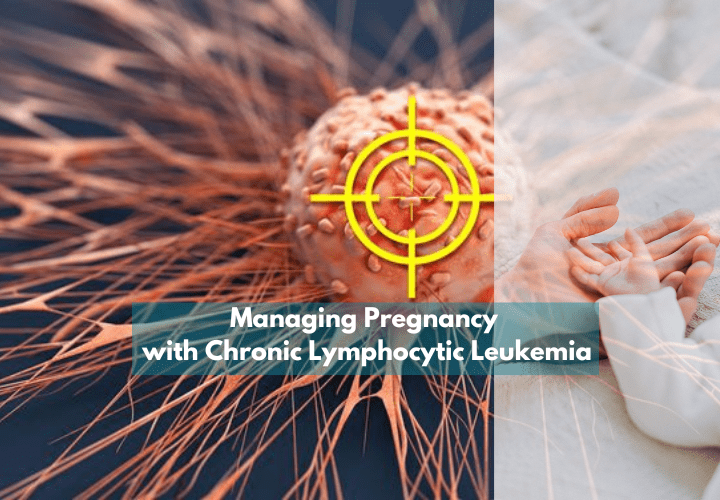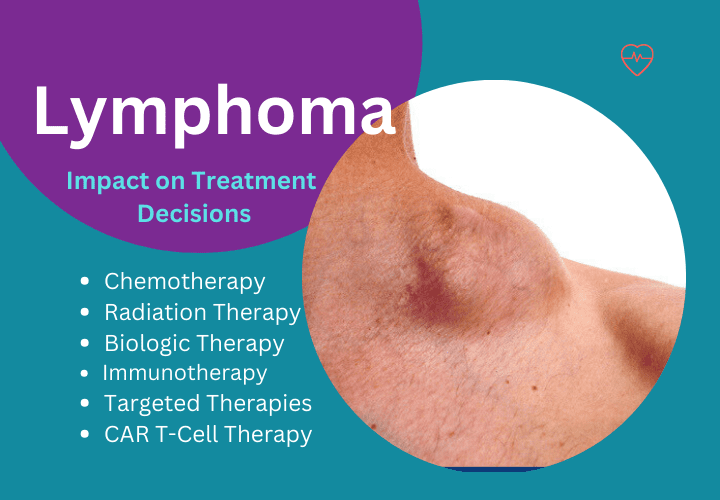Diabetes and its effect in treatment for cancer

Diabetes and its effect in treatment for cancer
- onco
- December 12, 2021
In the group of people who are 65 or over, almost 27 percent suffer from diabetes.
The majority of cases of diabetes are the type two diabetes that is correlated predominantly with age and obesity as along with familial background. The aging process and obesity can be risk factors for the development of cancer. This means that those suffering from the type 2 form of diabetes get diagnosed with cancer much more frequently than people in generally healthy people.
Diabetes can make it more difficult to undergo cancer treatment because of various aspects
Blood sugar and Diabetes
The majority of people suffering from the type 2 form of diabetes have a weight gain. This can cause the body to become intolerant against the insulin effects. The disease can be treated using insulin injections, hormonal injectionsor even oral medications. “But the cornerstone of therapy is weight control,” the specialist doctors in Delhi states, “by staying active, working out, and controlling the food habits, particularly by limiting consumption of simple, low-fiber carbs and sugars.
Effects of Chemotherapy
Chemotherapy is a popular procedure for patients with cancer however, its adverse effects can make it harder to keep the blood sugar levels under control.
“Steroids are often given with chemotherapy to lessen nausea,” One of the best cancer specialist states, “but we know that steroids can elevate the levels of glucose quite significantly. Because of this, treatment for diabetes must be modified, and insulin injections might have to be introduced at the same moment that steroids are administered.”
Steroids can cause the development of diabetes particularly in those with risk factors for developing the disease.
The treatment for cancer is more difficult for patients who suffer from diabetes because they have more health issues before they begin their treatment. Patients with diabetes are generally less healthy.
Deciding the treatment approaches
Patients with advanced cancer having glycemic control to levels that are very restrictive targeted for those with no cancer is not always required to be the first priority.
A few studies suggest that insulin’s use to treat hyperglycemia could slow the growth of cancer and slow its the progression of cancer.
Inflammation has been linked for a long time with the growth of cancer. The blockage of angiogenesis, a process in which tumors increase the amount of blood they receive in order to expand and expand, is the current subject of numerous cancer researchers.
However, because insulin can be a growing stimulant, it’s been debated for years whether high doses of insulin could trigger cancer growth.
For going ahead with your cancer treatment, you must consider a specialist. Oncoplus hospital can help you by providing thebest consultations for cancer patients with diabetes
Recent Posts
-
Managing Pregnancy with Chronic Lymphocytic Leukemia
April 30, 2024
-
Signs of Stomach Cancer: Diagnosis and Treatment
April 18, 2024





Leave a Reply